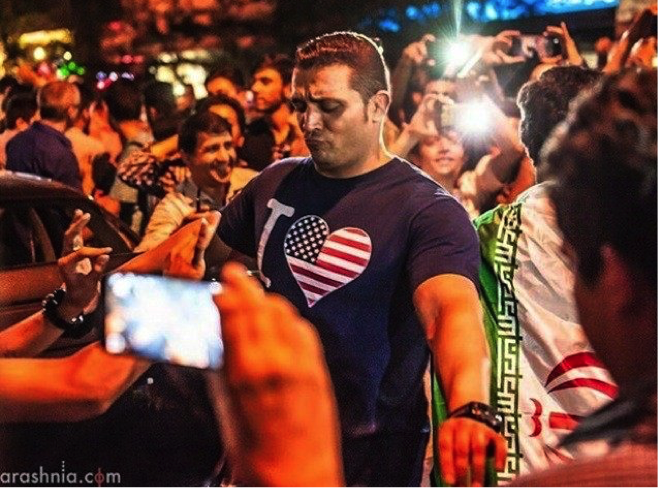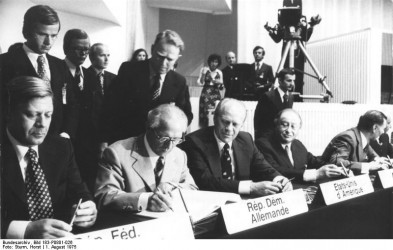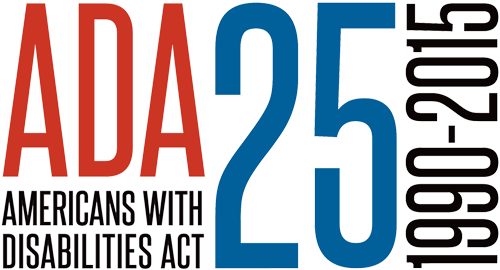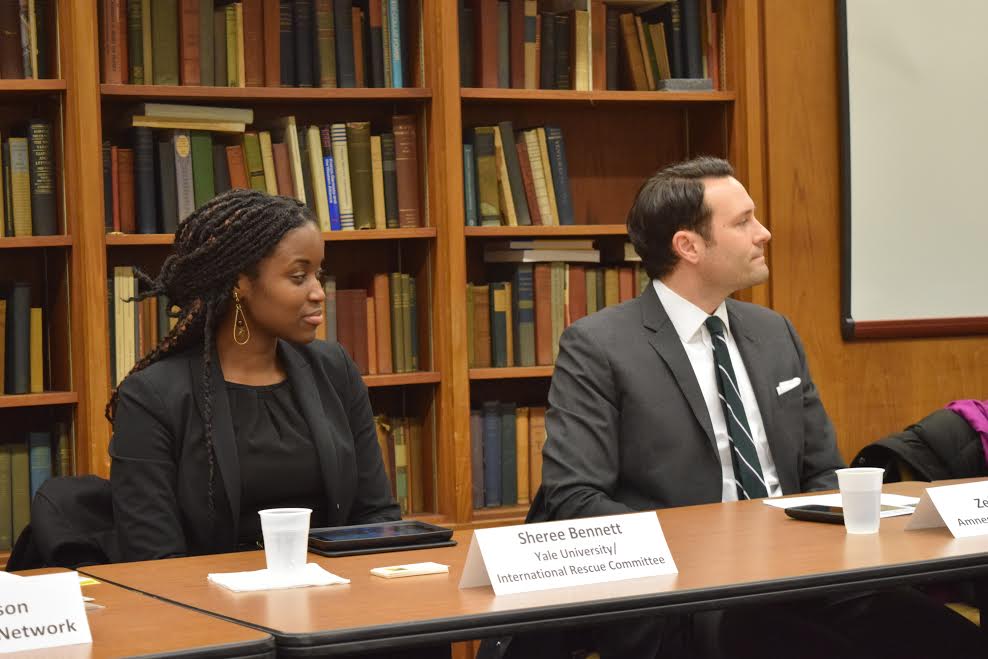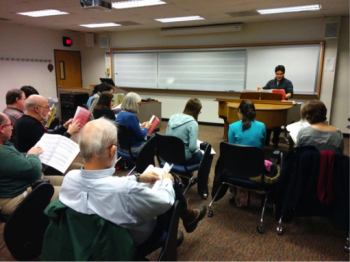
Blood Timber: A Resource Curse
By Rachel Riegelhaupt, graduate student of Human Rights at Columbia University
___________________________________________________________________________
When asked about buying conflict-timber from the Central African Republic during an undercover investigation led by Global Witness, a representative from the French manufacturing company Tropical Bois responded, “It’s Africa. War is so common we don’t really pay attention...it’s not a war where they attack white people. It’s not a war we have to avoid.”
The Central African Republic (CAR) has been plagued by violence since November 2012, when predominately Muslim Seleka rebels began to take up arms. In March 2013, they overthrew the president in a bloody coup d’état and pursued a campaign of violence throughout the nation, provoking a violent backlash from the Christian Anti-Balaka militia in September 2013. Although a transitional government is currently in place, with the Seleka’s leader Michel Djotodia serving as interim president, the balance of power is still rocked by clashes between ever-present armed groups. War atrocities such as the use of child soldiers,...


